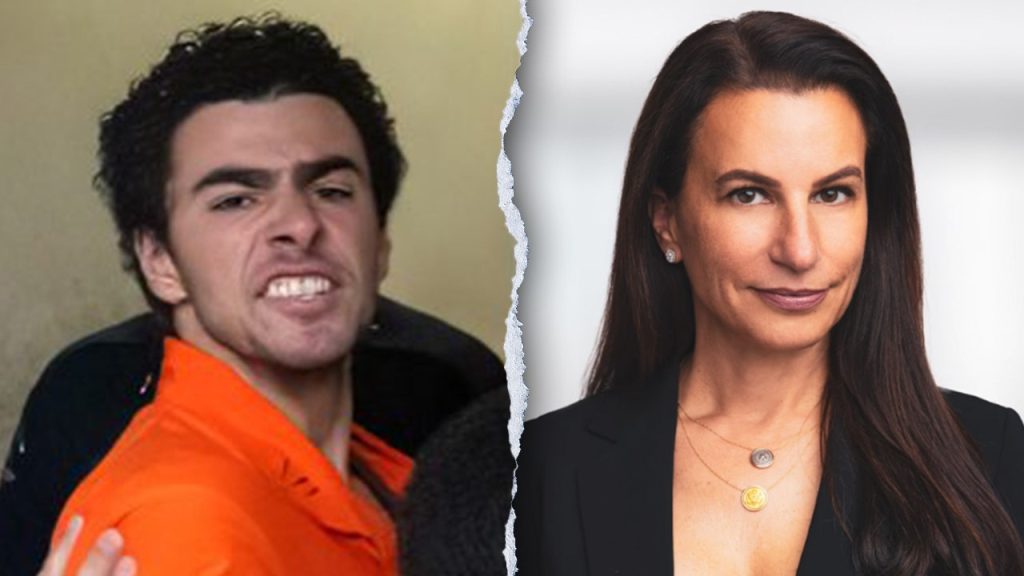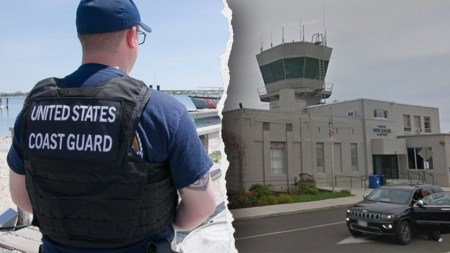Luigi Mangione, accused of fatally shooting UnitedHealthcare CEO Brian Thompson, has secured the legal representation of Karen Friedman Agnifilo, a high-profile New York attorney and former chief assistant district attorney in Manhattan. This move signals a robust defense strategy for Mangione, who is facing a second-degree murder charge in New York and additional weapons charges in Pennsylvania, where he was apprehended. Agnifilo’s extensive experience in the Manhattan District Attorney’s Office, coupled with her three decades of experience in criminal justice, litigation, and trials, positions her as a formidable advocate for Mangione. Her expertise includes complex homicide cases, internal investigations, and civil rights matters, suggesting a multifaceted approach to Mangione’s defense.
Agnifilo’s previous role as second-in-command under former Manhattan District Attorney Cyrus Vance provided her with an intimate understanding of the inner workings of the very office now prosecuting her client. Her tenure included the establishment of specialized units within the DA’s office, focusing on human trafficking, hate crimes, antiquities trafficking, terrorism, and cybercrimes, showcasing her broad knowledge of criminal law and procedure. This deep familiarity with the Manhattan legal landscape could prove invaluable for Mangione as he navigates the complex charges against him.
The emerging evidence against Mangione appears substantial. Investigators have linked the 3D-printed gun found in his possession to the shell casings recovered at the crime scene in Midtown Manhattan. Furthermore, fingerprint evidence further connects him to the location of the shooting. While Mangione remains in custody in Pennsylvania pending extradition to New York, the mounting physical evidence presents a significant challenge for his defense team. His attorney in Pennsylvania maintains Mangione’s innocence and anticipates a not guilty plea to all charges in both states.
Mangione’s alleged motive, rooted in frustration with the health insurance industry and perceived corporate greed, adds another layer of complexity to the case. While he was not a UnitedHealthcare member, his alleged animosity towards the industry raises questions about potential premeditation and the broader societal implications of this seemingly targeted attack. The prosecution will likely focus on establishing a clear link between Mangione’s grievances and his alleged actions, while the defense may explore alternative explanations for his possession of the firearm and his presence near the scene of the crime.
The legal battle ahead promises to be intricate, pitting Agnifilo’s extensive legal acumen against the prosecution’s compelling forensic evidence and Mangione’s alleged motive. The case is likely to draw significant public attention, given the high-profile nature of the victim and the unfolding narrative of a seemingly disgruntled individual allegedly taking matters into his own hands. The outcome will not only determine Mangione’s fate but could also spark further discussions about the accessibility of 3D-printed weapons and the potential consequences of unchecked anger towards corporations and institutions.
As Mangione awaits extradition and the legal proceedings unfold in both Pennsylvania and New York, the focus will shift to the courtroom. The prosecution will meticulously present its evidence, while Agnifilo will leverage her experience and expertise to challenge the prosecution’s narrative and protect her client’s rights. The confluence of a seasoned prosecutor-turned-defense attorney, a complex web of evidence, and a potentially volatile motive promises a closely watched legal drama with far-reaching implications.










